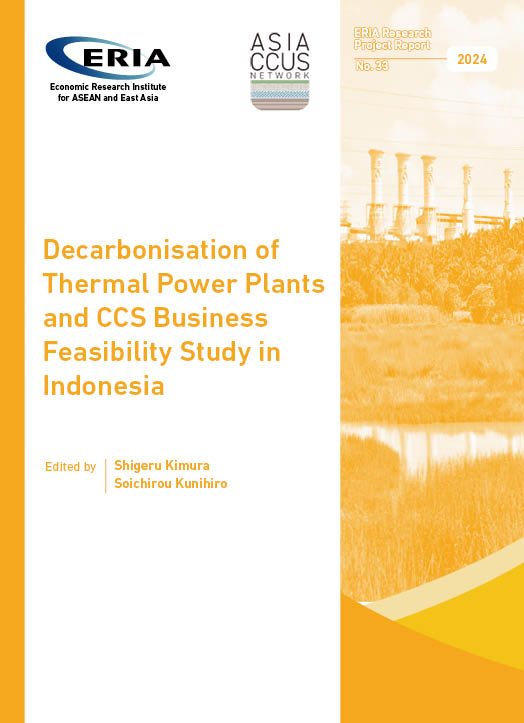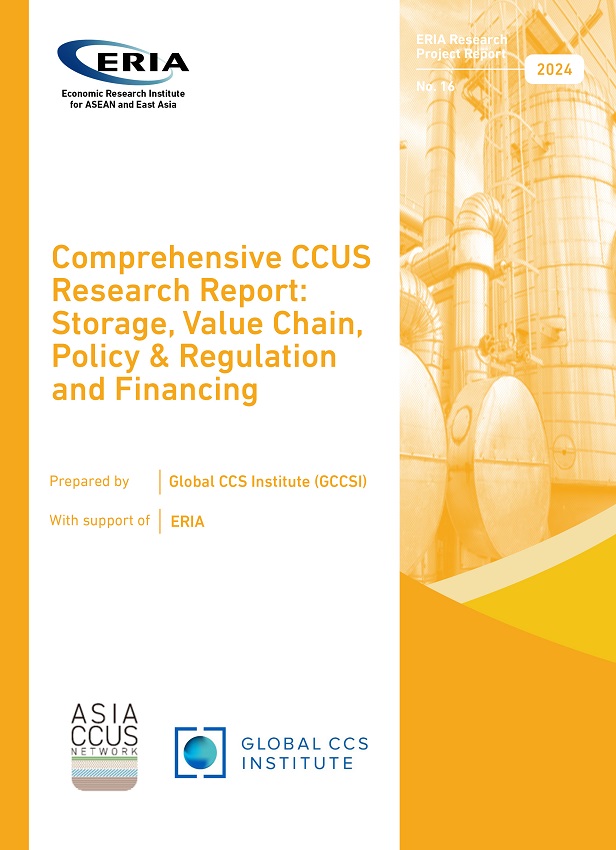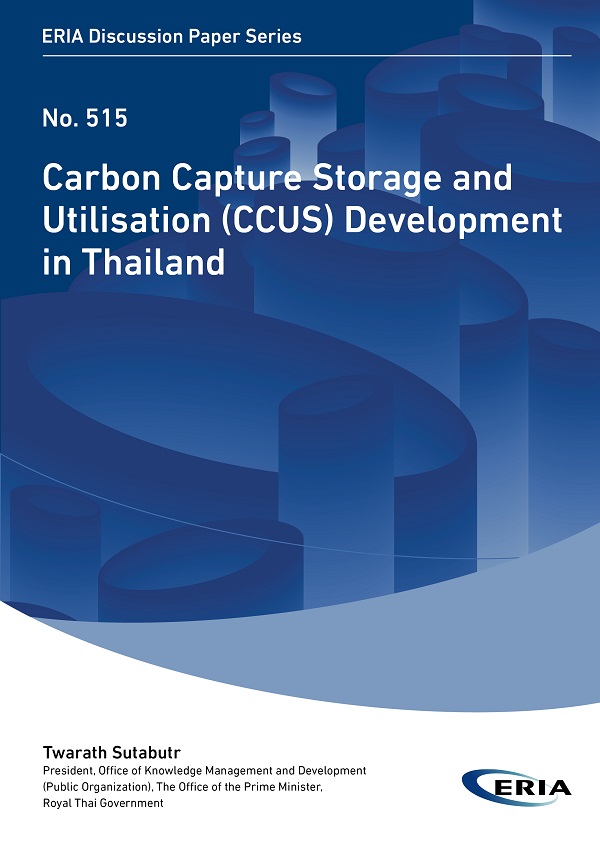Decarbonisation of Thermal Power Plants and CCS Business Feasibility Study in Indonesia

Date:
19 February 2025Category:
Energy, Environment and Climate ChangeType:
Research Project ReportsTags:
Carbon Capture, Indonesia, Thermal Power PlantsPrint Article:
Indonesia aims to achieve carbon neutrality by 2060, even as it relies heavily on thermal power plants, which currently account for approximately 80% of its power generation. Decarbonising thermal power plants is crucial to meeting this goal. To balance stable electricity supply with economic growth, the application of decarbonisation technologies, such as Carbon Capture and Storage (CCS), could play a significant role in large-scale, long-term efforts – provided these technologies are feasible and widely applicable.
This study seeks to explore the potential for decarbonising Indonesia’s thermal power plants through CCS by analysing the technical and commercial aspects of the entire CCS value chain. Specifically, it examines a real coal-fired power plant and a potential CO2 storage site in Indonesia, focusing on two CO2 transport scenarios: liquefied CO2 vessels and CO2 pipelines.
While the challenges of long-distance transport and operational feasibility across the value chain remain significant, the study found that transporting CO2 via liquefied CO2 vessels is preferable for long distances and large-scale CO2 volumes. However, the estimated costs of implementing the complete CCS value chain remain a critical concern, making it challenging to manage and gain acceptance in Indonesia under current conditions.
Further measures are necessary to address these challenges, including technological advancements, cost reduction, scaling up economic CCS applications, establishing a carbon pricing market, and leveraging incentives from international organisations such as AETI or carbon credit trading systems.
In the long term, sustainable power generation supported by effective decarbonisation solutions, like CCS, will be a key component of Indonesia’s strategy to achieve carbon neutrality.
Knowledge Sharing Conference by ERIA CCUS team can be read at:




